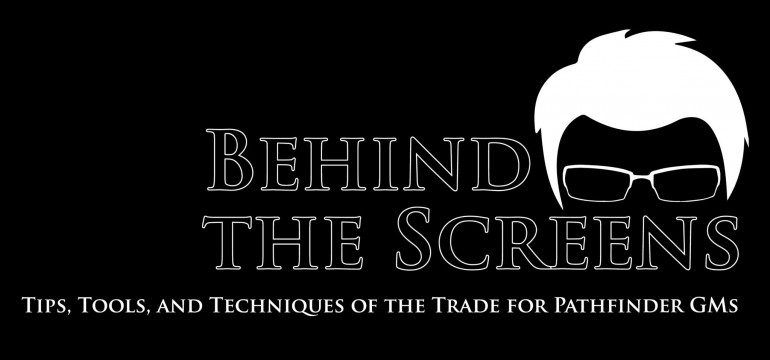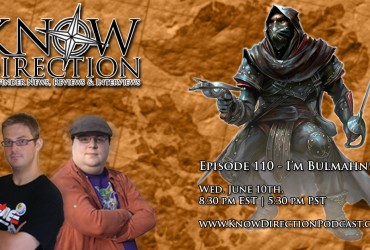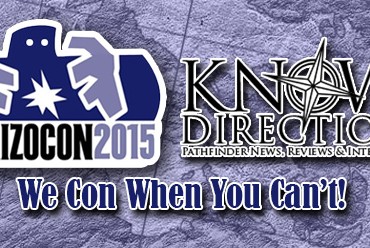No no, I’m not going on hiatus. You’re still getting regular content and so forth. Nope, today I’m going to talk about what to do with your gaming group to make sure that you survive those long breaks between game sessions.
Nothing’s quite so heartbreaking in a relationship as the words, “Honey, I think we need a break…” So too are these words somewhat problematic to hear at the game table. A break in the regular schedule can translate into an extended leave of absence that can kill a campaign. This is especially true in situations where long periods of time already exist between sessions. For example, both my Iron Gods and Giant Slayer games are scheduled for every other week alternating. So if one session skips it’s actually been a full month between sessions. Recently, Giant Slayer has missed two sessions in a row, meaning a full 6 weeks between games! Yikes!
So what’s a conscientious GM to do? How do we fill the time in the extended breaks between sessions? How can one keep their gaming group from dissolution? Fortunately, there are solutions.
1) Being good at email.
Not necessarily email. It’s good practice to maintain regular correspondence with your players even in the best of times and encourage them to respond to your prompts in a timely fashion. This will make it easier for a group to stay more connected and on track in the event that you don’t meet up for a few more weeks. Email is also a great way of developing characters or telling stories behind the scenes. It’s a great way to flex your narrative chops and flesh out the background of a PC, NPC, or set piece location in your game.
2) Being good at calendars
Seriously, calendars. Sites like WhenIsGood are a godsend when trying to schedule a nebulous date far in the future. More tech savvy individuals can opt to sync calendar dates between players so that everyone gets notifications when a prospective game date comes up.
3) Reminder: Remember to Remind People
I can’t count the number of games I’ve scheduled that have fallen through because I didn’t remind people that we were playing. It can kind of feel redundant to send out reminders that you’ve got a game scheduled two weeks from now, a week from now, a few days from now, and tomorrow. But do it! Your players will end up thanking you. I’ve had numerous games that have fallen through because my players have made plans the day before a game because they forgot we were going to play. Had I reminded them the day before, we wouldn’t had the issue.
4) Side Quests!
If you have the issue where most of a group can attend but a few can’t and you don’t want to push the narrative without a full party, side quests can be great. Canned adventures like the PFS Scenarios or even one-shot modules can be great tie-ins to your main campaign if you can figure out a way to make them fit. That way you can still tell a story, roll dice, and facilitate your PCs’ adventuring without a dropped session.
5) Embrace the Break
Finally, if an extended hiatus is unavoidable, you can keep your players interested with a steady stream of in-character prompts and discussion about the game. Keep an open discussion and dialogue between your players and show them that your enthusiasm for your game is undiminished and their more likely to stay excited about playing. Questions like, “What are you going to do if Bad Guy X does this?” or “How do you think that Ploy Y is going to affect McGuffin Z?” are great ways for keeping your players engaged through those long game less weeks.
As always, we’re interested in hearing what you have to say. Let us know how you’ve dealt with breaks and schedule interruptions in the past in the comments section below!







Simply wish to say your article is as surprising. The clearness in your publish is simply excellent and that i could suppose you’re a professional in this subject.
Well with your permission let me to take hold of your
feed to stay updated with approaching post.
Thank you one million and please continue the enjoyable work.